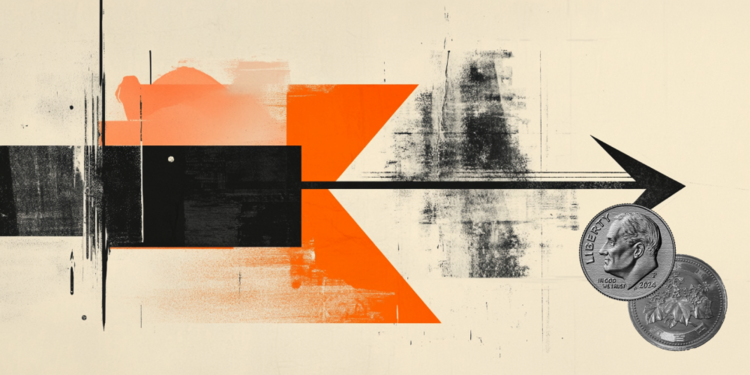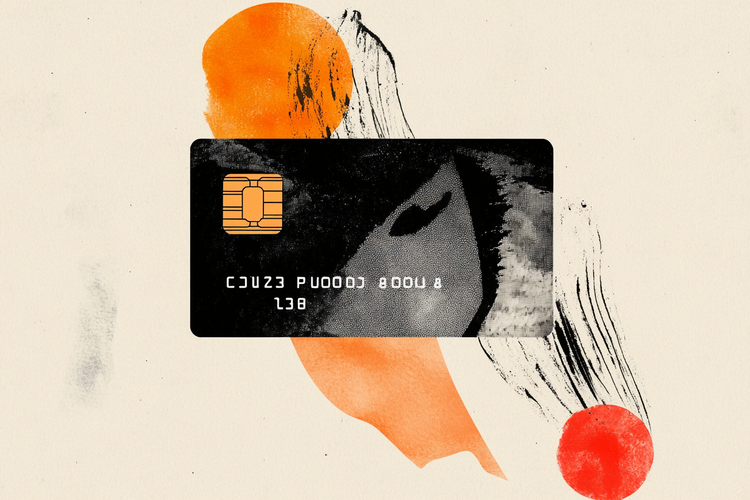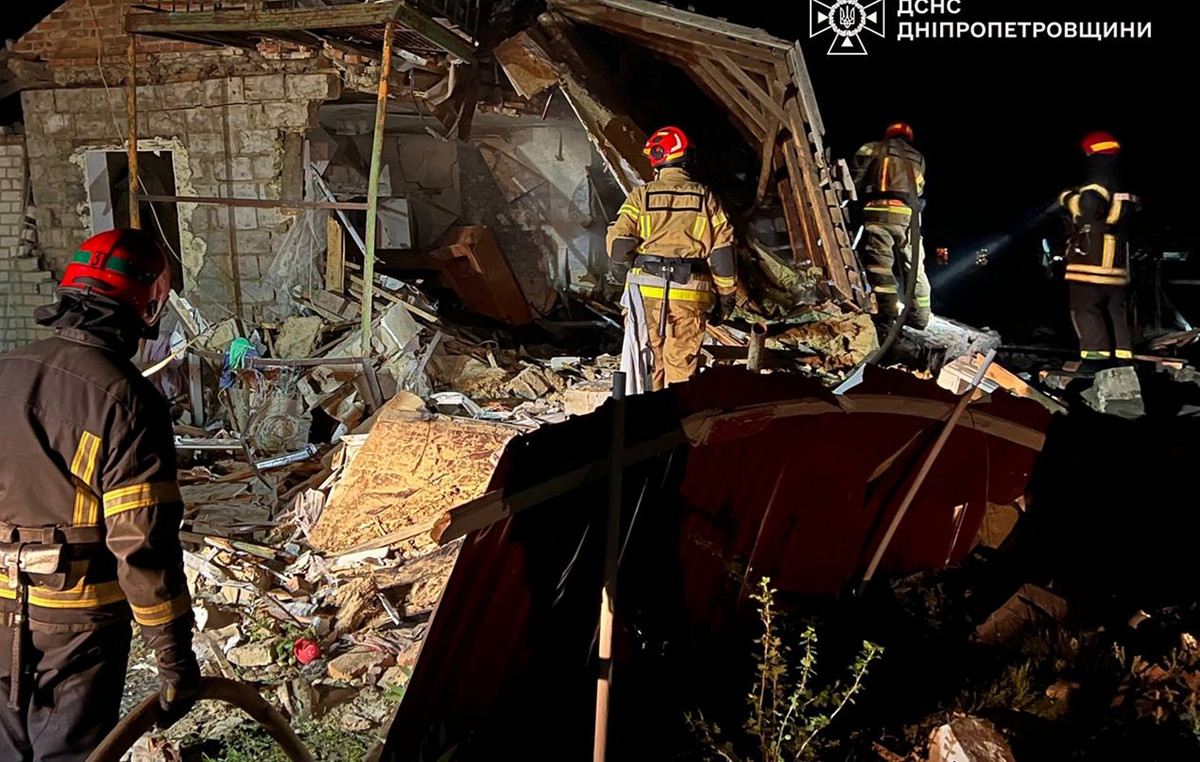The Tokyo High Court recently admitted that, Iwao Hakamada , now almost ninety years old, after spending 45 years on death row, has the right to a new trial. After almost fifty-five years from the first of him, which ended with his death sentence. 75 years after the approval of the Universal Declaration of Human Rights, the news of the review of the Hakamada process opens up hope for a happy ending, also the result of the commitment of Amnesty International against the death penalty and other human rights violations.
There are still thousands of people like Hakamada sentenced to death for crimes they did not commit and who are fighting to bring their innocence to light. From alive. Like the scientist Ahmadreza Djajali, who for seven years has risked being hanged for a crime he never committed. We talked about it with Ileana Bellodirector general of Amnesty Italy.
Does the story of Iwao Hakamada mark a turning point?
“Iwao Hakamada’s story tells us that we must never stop fighting for respect for human rights. Iwao was sentenced to hang for quadruple murder and the sentence was based on a confession, extracted with ill-treatment and exhaustion, after 20 days of grueling interrogations, beatings and intimidation. Iwao Hakamada is now 87 years old, suffers from dementia and has been in solitary confinement on death row for decades in a system, the Japanese one, designed to drive the condemned crazy, who are not warned in advance of the date of the hanging and live in the constant and agonizing wait. And yet, since that September 11, 1968, neither he, nor his family members, nor his defenders have ever lost hope. We hope that Hakamada will be in the courtroom during the trial and will finally be able to hear the word he has been waiting for for over half a century: innocent ».
How did we get there?
“To date, Iwao is the man who has spent the longest number of years on death row in Japan, mostly in solitary confinement. In 1980, the Supreme Court upheld Hakamada’s death sentence. However, in 2014, we witnessed one of the rarest cases in the history of the death penalty in Japan: a Shizuoka court granted a request for a new trial and ordered Hakamada’s provisional release. After his 2018 appeal, the High Court ordered his return to prison, but not to death row. Appeals and appeals continued until the Supreme Court overturned the 1980 ruling, recognizing Hakamada’s innocence. The lawsuit was led by the Japan Pro Boxing Association and Amnesty International which put Hakamada at the forefront of his campaign against the death penalty in Japan. Using the case of him and others, they argued that “Japan’s death row system is driving prisoners into the depths of mental illness.”
Why is it still so difficult to talk about the death penalty?
“Although the death penalty is still in force in 56 countries, only a few of them actually apply it and 140 countries have abolished it. The death penalty violates the right to life and, as in Iwao’s case, can be inflicted on the innocent. One can never accept that the state kills to show that one shouldn’t kill. Since its founding in 1961, Amnesty International has been fighting to stop the execution of prisoners of conscience. The lives of many people, sentenced to capital punishment for crimes they did not commit, are still in danger: like that of the scientist Ahmadreza Djajali, who has risked being hanged for seven years for a crime he never committed”.
What steps must we take to defend fundamental human rights?
«To defend fundamental human rights, it is important to promote laws and policies that are able to protect them, denounce violations of these rights, mobilize public opinion, nationally and internationally. Organizations such as the UN, Amnesty International, Human Rights Watch, play a crucial role in monitoring human rights violations and defending them, especially those in situations of greater vulnerability. Furthermore, it is important that governments and international institutions undertake to respect and promote human rights, including through international cooperation and technical assistance to countries where these rights are seriously threatened. Those who defend human rights have the power to change the world.”
75 years since the Universal Declaration of Human Rights. How are the rights?
«The Human Rights Report 2022-2023, presented at the beginning of the year by Amnesty International, reveals a still very critical situation for many fundamental rights around the world, despite 75 years having passed since the Universal Declaration of Human Rights. In particular, Russia’s war against Ukraine has dominated the past 15 months, with the ruthlessness of Russian military conduct resulting in numerous war crimes. The Report also highlights the hypocritical attitude of Western states in various areas, especially as regards the reception of migrants and the international system, which is still inadequate and which in many cases fuels impunity and instability”.
There has also been an increase in the crackdown on peaceful protests around the world. Think of the death of 22-year-old Mahsa Amini in Iran.
«In 77 countries, out of the 156 analysed, thousands and thousands of people were arrested for the mere fact of defending human rights; the figure rises to 85, if we consider the countries in which the illegal use of force against demonstrators was made. Just think of the death of 22-year-old Mahsa Amini and the violent repression of the subsequent protests. This episode refers us to another serious and widespread violation of fundamental human rights, that against women, who continue to suffer sexual violence, murder and rape everywhere. In some countries, such as Pakistan or India, such atrocities even go unpunished. In Afghanistan, women and girls are victims of an aggressive repression of their human rights by the Taliban, who monitor and limit their every action on a daily basis”.
In Italy?
«In 2022 alone, over 100 deaths caused by domestic violence were recorded and the right to abortion remains difficult to access in many regions of the peninsula. In summary, war, protest and patriarchy are the three keywords that summarize the central themes that currently characterize the human rights situation at a global level. It is disheartening to think that the last three years have been characterized by a pandemic, a climate crisis and war.
What is Amnesty International’s vision in this scenario?
Amnesty International is accustomed to looking at a broader time horizon and recognizes that the world has made progress since the 1948 Declaration in terms of developing international human rights protections and guarantees, raising awareness and on human rights and the development of international justice. This offers us hope for the future and invites us to continue fighting to ensure effective protection of human rights around the world.
Is there a greater social awareness of these issues today?
“In recent decades, the increased dissemination and access to information has contributed to a growing social awareness of human rights issues. In addition, many human rights organizations, activists and defenders work tirelessly to raise public awareness. Some international institutional bodies and some governments have also undertaken to promote human rights, adopting laws and public policies to ensure their protection. Despite these efforts, much remains to be done to ensure that human rights are respected and protected everywhere. Therefore, the need for greater attention and commitment from the international community to guarantee the protection of fundamental human rights throughout the world is increasingly urgent. In this context, it becomes extremely important to have supporters and people who help ensure that the work of human rights defenders and organizations reaches as many people as possible who need their help and support.
To defend human rights around the world, since 1961 Amnesty International has been giving a voice to thousands of people who see their dignity and freedom threatened or violated. A constant commitment that has allowed the Organization, in 62 years, to save over 50,000 people. With the campaign #Amnestyseitu, the Organization asks to support its daily commitment against the death penalty and against all other forms of violation of human rights. Each of us can do our part by supporting Amnesty International’s 5×1000 Campaign through a simple and free gesture, such as signing your tax return, inserting the tax code 03 03 11 10 582.
–Amnesty International: Fifa compensate workers of the World Cup in Qatar
-Uganda, the law against the Lgbtqi+ community: life imprisonment and death penalty for gays
-Poland, activist sentenced for sending abortion pills to a pregnant woman
Source: Vanity Fair
I’m Susan Karen, a professional writer and editor at World Stock Market. I specialize in Entertainment news, writing stories that keep readers informed on all the latest developments in the industry. With over five years of experience in creating engaging content and copywriting for various media outlets, I have grown to become an invaluable asset to any team.







